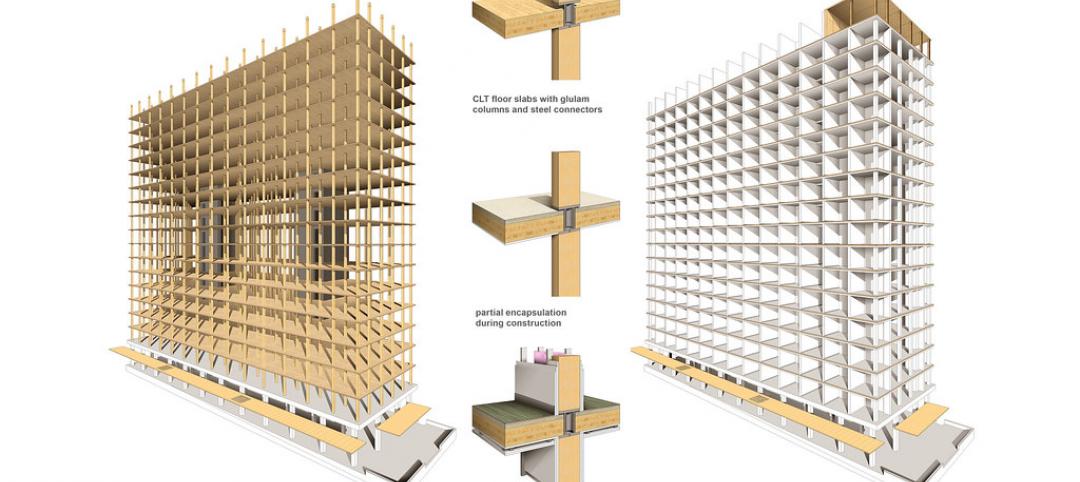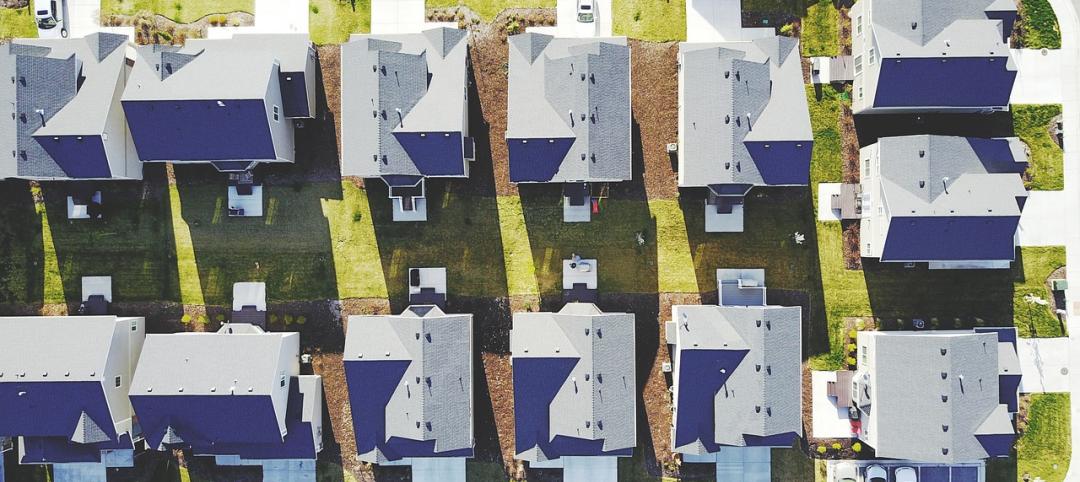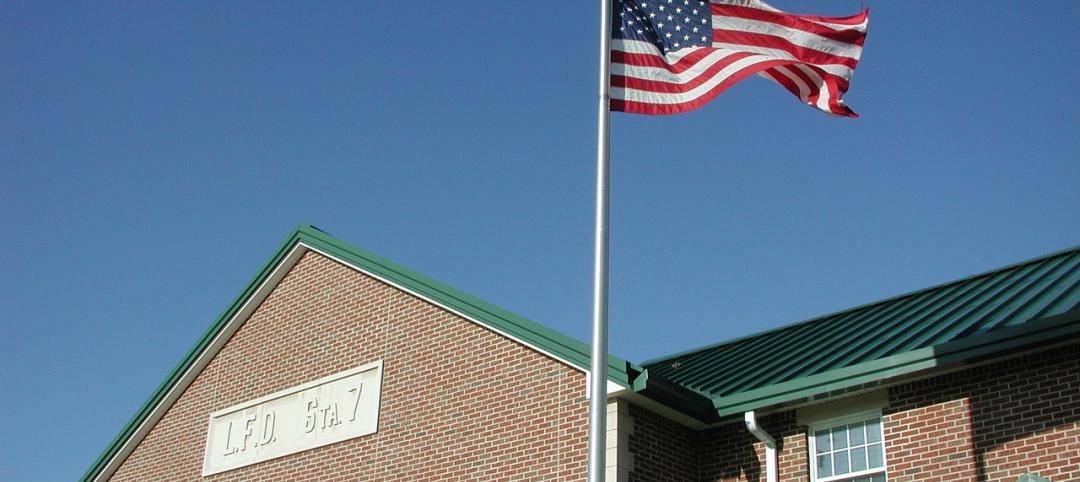Ten prominent real estate groups have signed on as partners in New York State's $50 million Empire Building Challenge, an effort to make high-rise buildings carbon-free.
Challenge partners collectively control over 130 million sf of real estate in New York State, including more than 250 buildings that contain affordable housing. The partners have each pledged to achieve carbon neutrality in one or more of their buildings and in more than 700 units of affordable housing collectively. They also have the potential to scale efforts across their portfolios to more than 25,000 units of affordable housing. Exceeding program requirements, Vornado, Empire State Realty Trust, and Rudin Management Company have all committed to achieving carbon neutrality in their entire real estate portfolios.
Partners will choose technology and innovation experts to help develop a replicable low-carbon retrofit solution proposal for addressing one or more barriers to achieving decarbonization in their buildings. Partners can submit retrofit solution proposals to the state to be evaluated competitively for up to $5 million to support development and implementation of their proposal.
Proposals will be evaluated based on a project’s scalability and feasibility in addressing the major challenges of decarbonizing high-rise buildings, and also on the building owner's willingness and ability to implement solutions across their portfolio.
Related Stories
Codes and Standards | Aug 29, 2019
Code-conforming wood design guide available
The guide summarizes provisions for the use of wood and wood products in the 2018 IBC.
Codes and Standards | Aug 29, 2019
LEED residential market up 19% since 2017
The U.S. Green Building Council says that the LEED residential market has grown 19% since 2017. Nearly 500,000 single family, multifamily, and affordable housing units have been certified globally.
Codes and Standards | Aug 27, 2019
Slower speed limits in urban areas offer multiple benefits
Improved safety, better adoption of electric scooters and autonomous vehicles are possible if drivers ease off the accelerator.
Codes and Standards | Aug 27, 2019
Renewables creating significant savings for commercial and public facilities
Payback ranges from five to 15 years.
Codes and Standards | Aug 27, 2019
Oregon rescinds tsunami-zone construction ban
Other states have no ban, but have strengthened building codes for tidal wave resilience.
Urban Planning | Aug 27, 2019
Pop-up parks revitalize empty lots
Pop-up parks that provide instant open areas for public use and programming can revitalize under-utilized spaces and add vibrancy to neighborhoods.
Codes and Standards | Aug 22, 2019
Texas flood prevention initiative would create nation’s most ambitious barrier system
Plan including sand dunes and mechanical barriers would cost as much as $32 billion.
Codes and Standards | Aug 22, 2019
Multimedia app identifies construction hazards
Researchers say program will reduce injuries, save lives.
Codes and Standards | Aug 22, 2019
Cities take action to keep cool as climate heats up
Initiatives include cool streets, cool roofs, and broader urban tree canopy.
Codes and Standards | Aug 22, 2019
5G expected to give a boost to construction technology
Virtual reality, Internet of Things, robotics, and drones will all benefit from enhanced data flows.

















